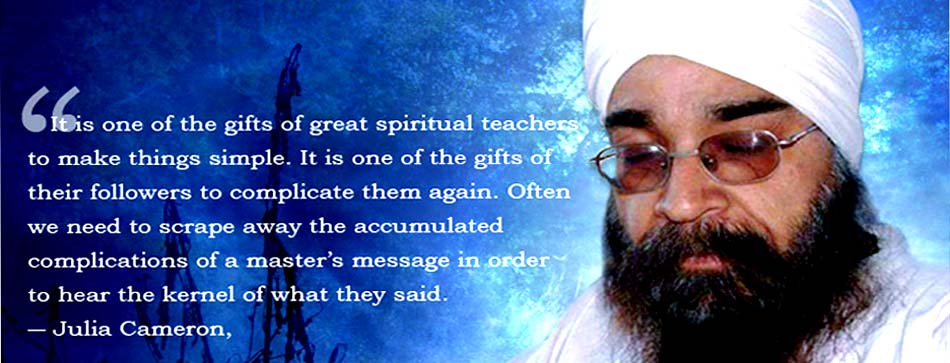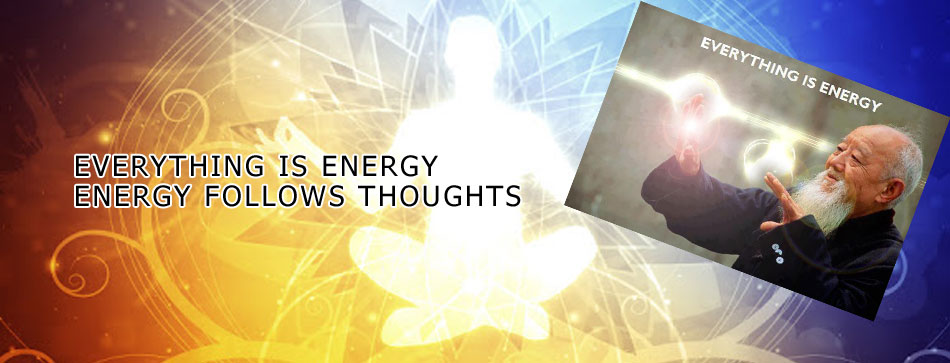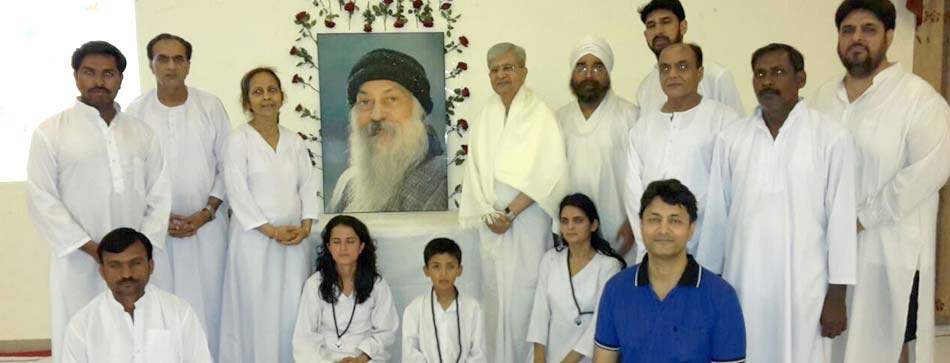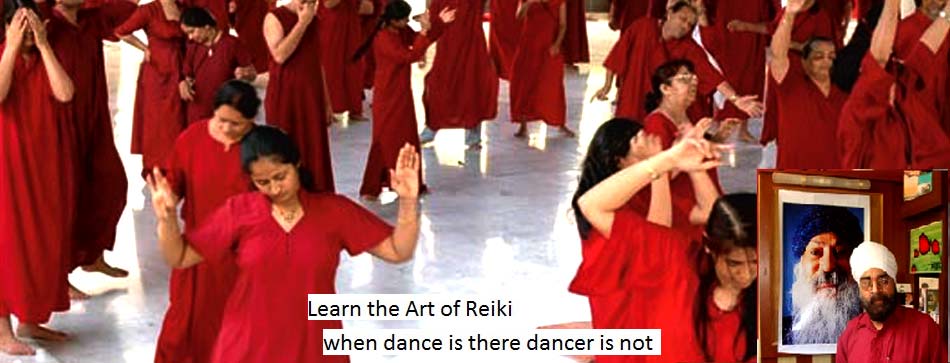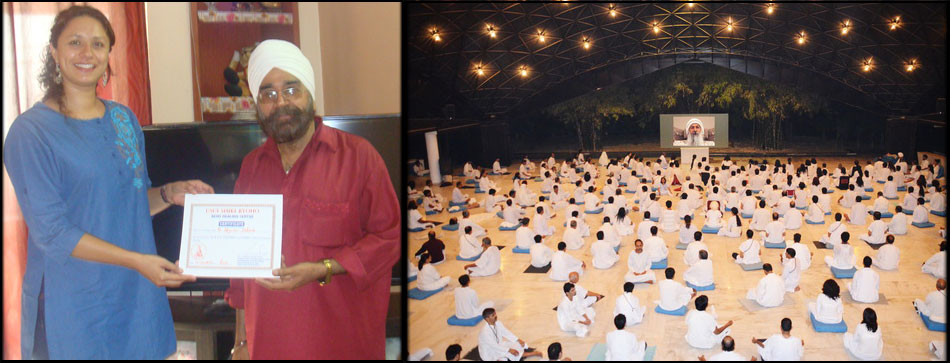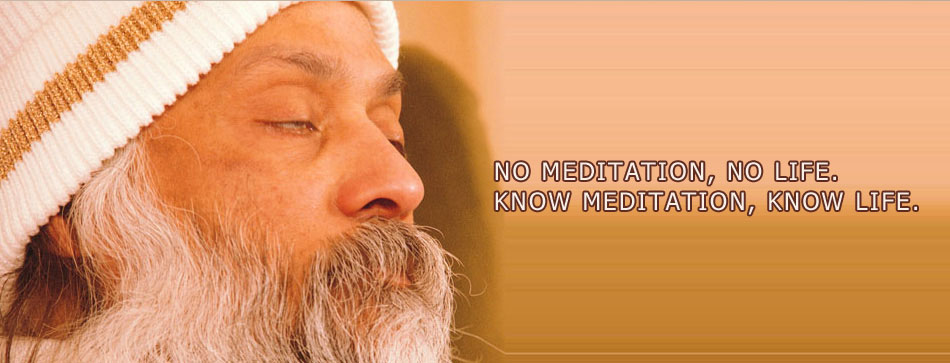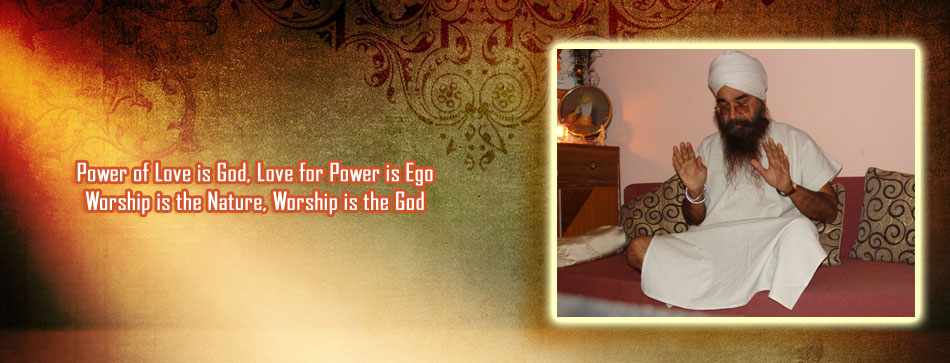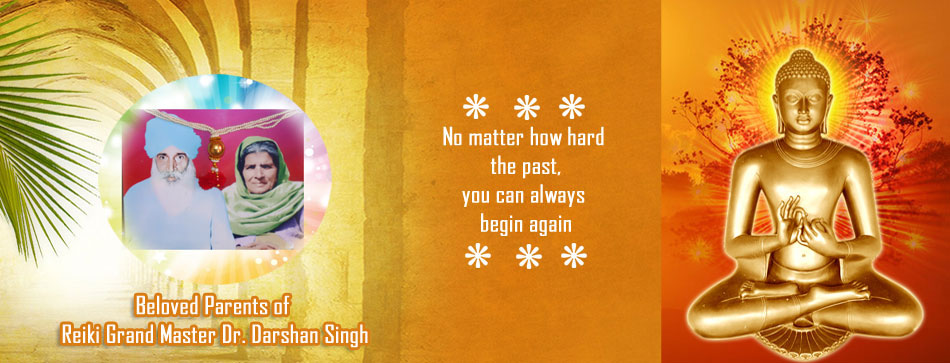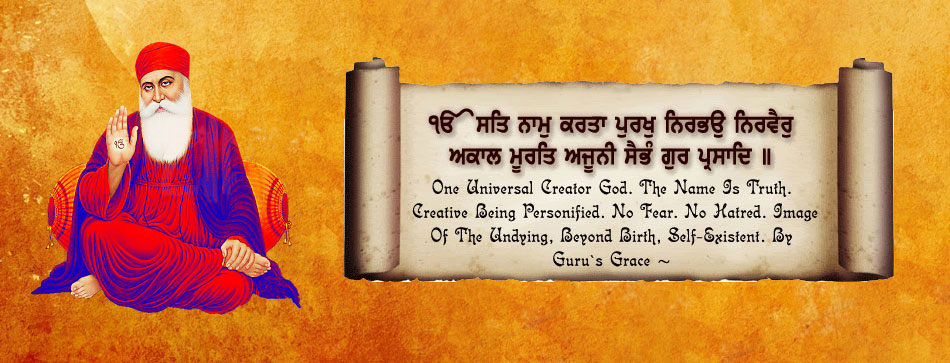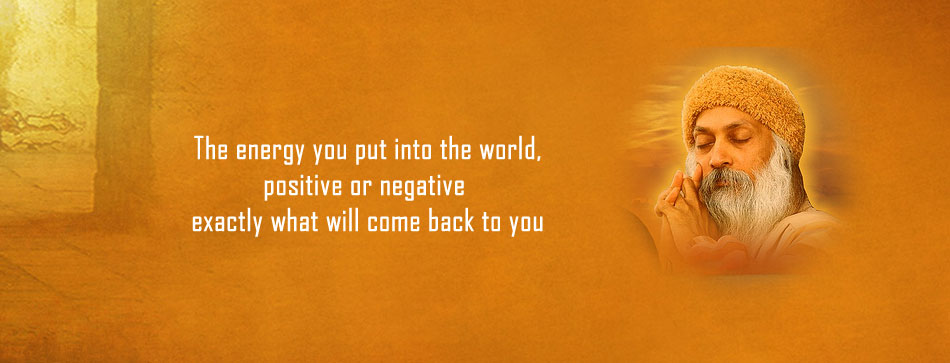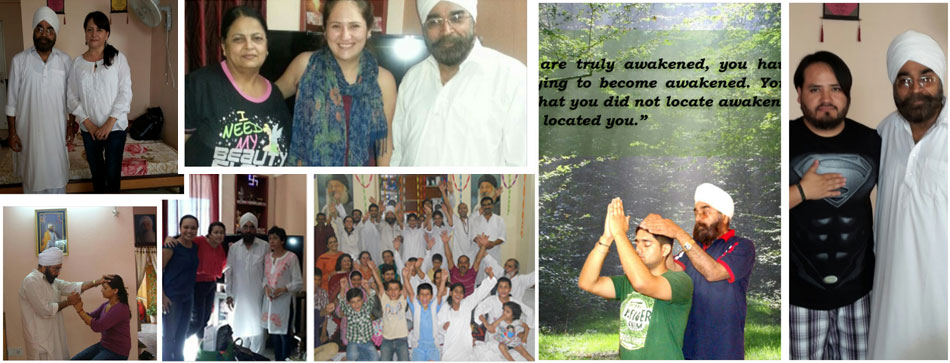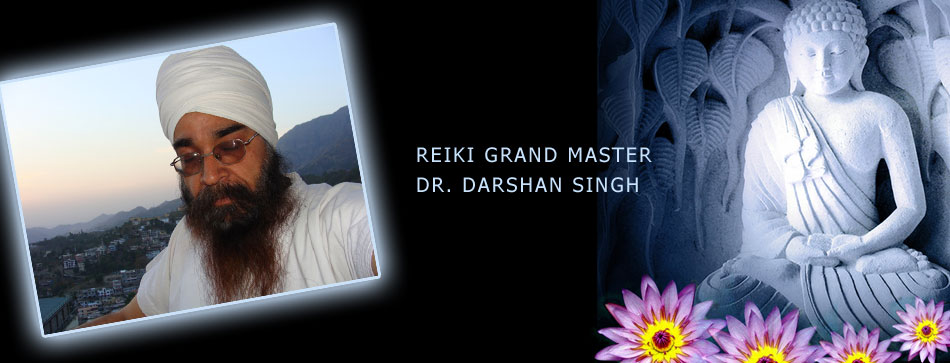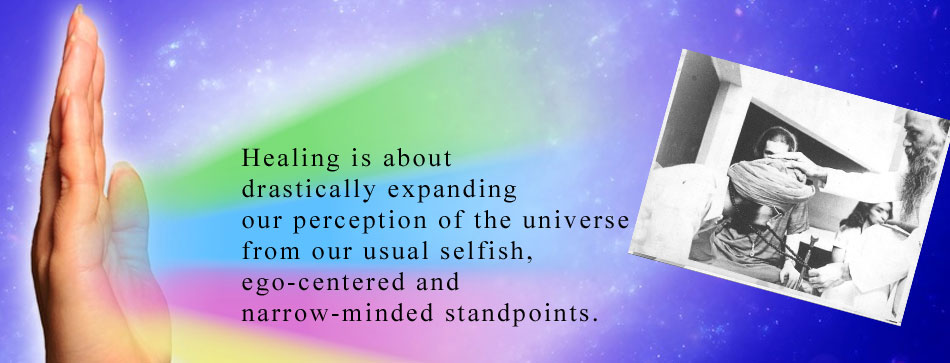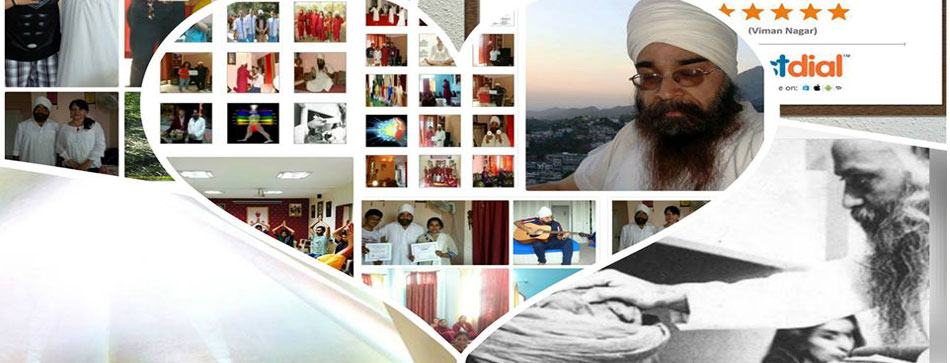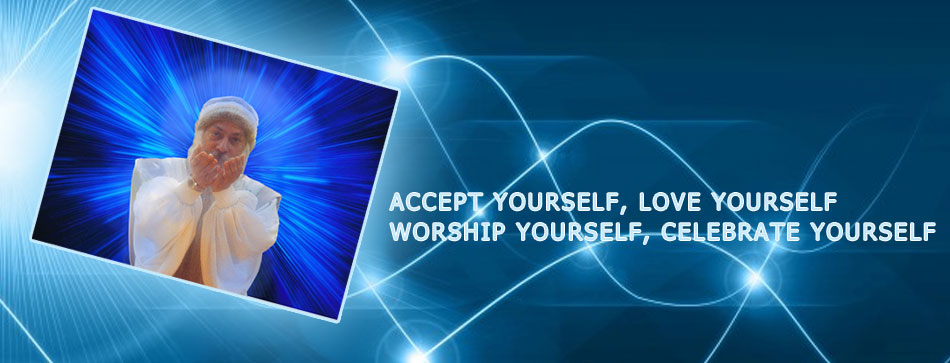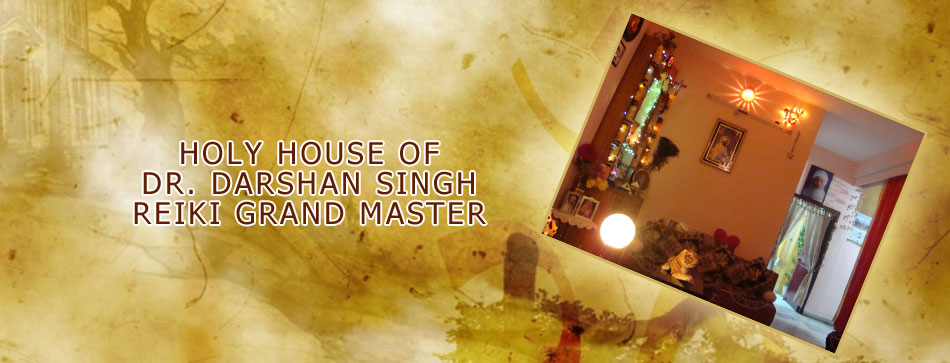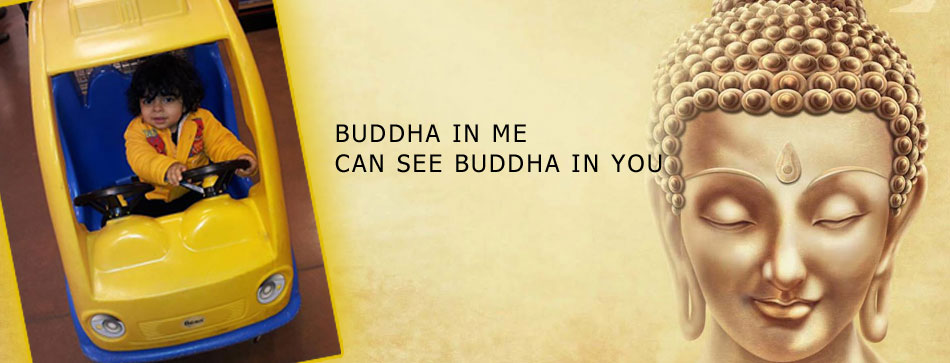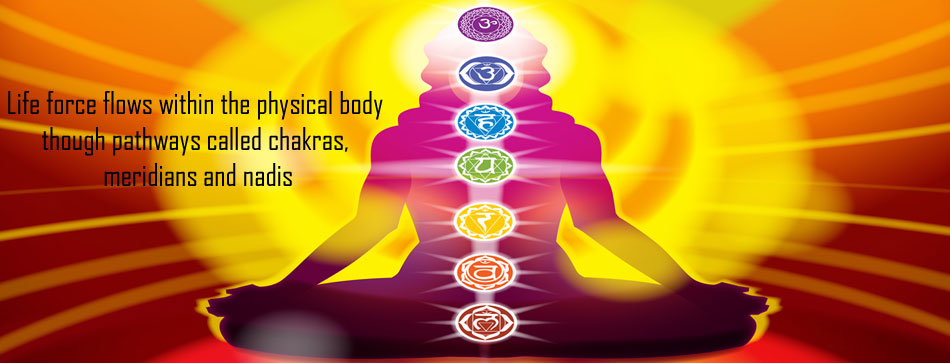What Is Karma
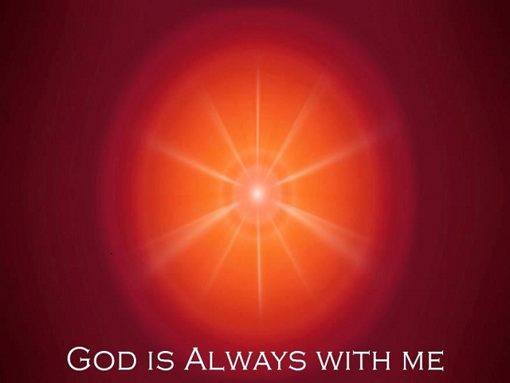
If we accept the principle of cause and effect in Nature, and of action and reaction in physics, how can we not believe that this natural law extends also to human beings? Once consciousness is understood as basic to everything the question begs to be asked: Do not humans, too, belong to the natural order?
Such is the law of karma: As you sow, so shall you reap.* If you sow evil, you will reap evil in the form of suffering. And if you sow goodness, you will reap goodness in the form of inner joy.
To understand karma, you must realize that thoughts are things. The very universe, in the final analysis, is composed not of matter but of consciousness. Matter responds, far more than most people realize, to the power of thought. For will power directs energy, and energy in turn acts upon matter. Matter, indeed, is energy.
Every action, every thought, reaps its own corresponding rewards.
Human suffering is not a sign of God’s, or Nature’s, anger with mankind. It is a sign, rather, of man’s ignorance of the divine law.
The law is forever infallible in its workings.
The Soul Is Free
Souls are “made” in the image of God. Even the greatest of all sinners cannot be damned forever. A finite cause cannot have an infinite effect. Due to the misuse of his free will, a person might imagine himself to be evil, but within he is a son of God. A king’s son might, under the influence of liquor or of a bad dream, think himself poor, but as soon as he recovers from his state of intoxication, or as soon as he awakens, he forgets that delusion. The perfect soul, ever sinless, eventually wakes up in God when it remembers its real, eternally good, nature.
Man, being made in the image of God, is deluded only temporarily. This temporary delusion leads him to think of himself as mortal. So long as he identifies with mortality he must suffer.
A soul’s delusion of mortality may extend to many incarnations. Through self-effort, however, always influenced by the law of God, the Prodigal Son develops discrimination, remembers his home in God, and attains wisdom. With illumination the prodigal soul remembers its eternal image of God, and is reunited with cosmic consciousness. His Father then serves him “the fatted calf” of eternal bliss and wisdom, liberating him forever.
Delusion is Temporary
Man may misuse his free will for a time, considering himself mortal, but that temporary delusion can never erase from within him the mark of immortality and God’s image of perfection. A baby’s premature death cannot possibly have permitted him the use of free will to be either virtuous or vicious. Nature must bring that soul back to earth to give it a chance to use its free will to work out also the past karma which caused it to die so young, and to perform the good actions that lead to liberation.
| | | Next → |

